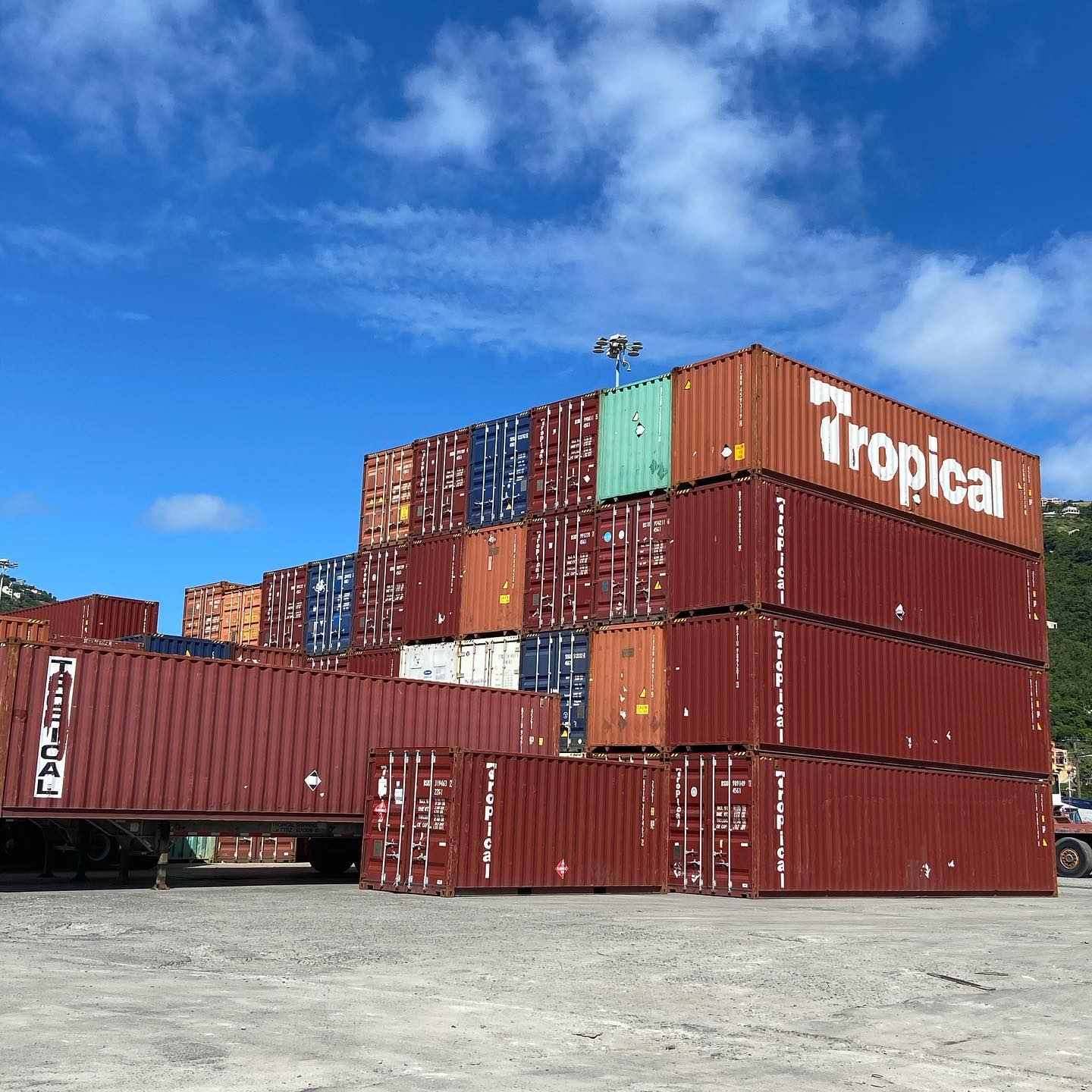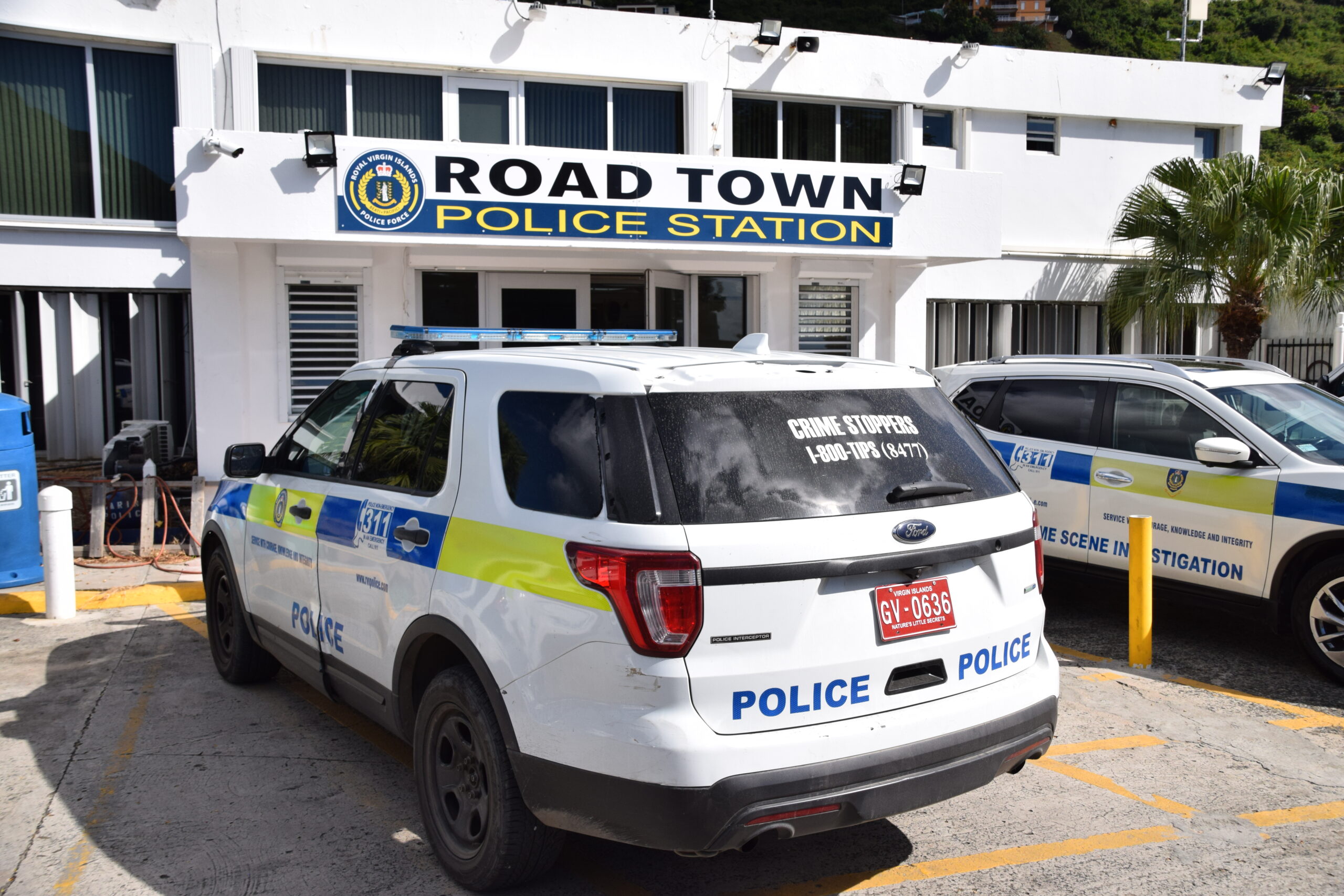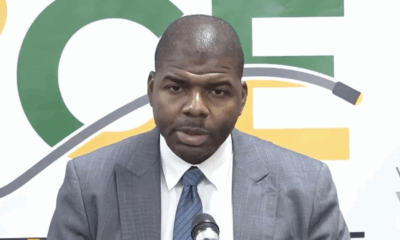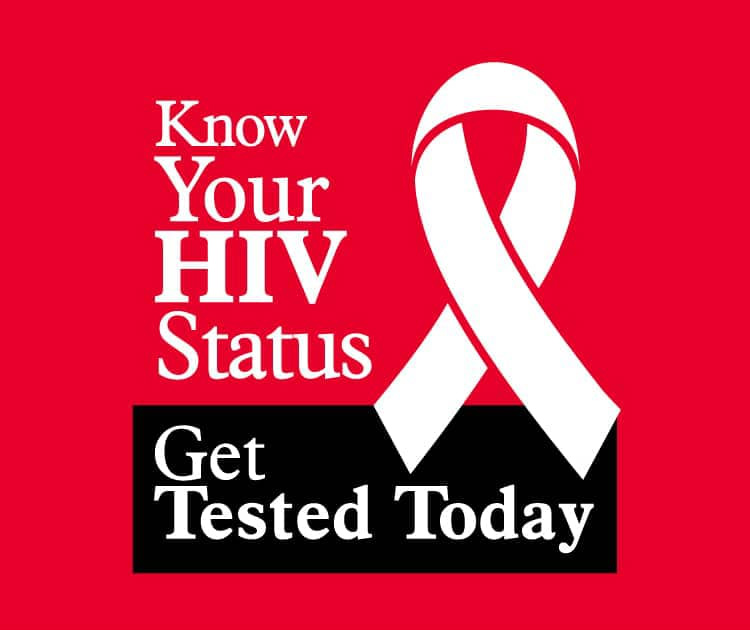International
Team USA Creates History with Back-to-Back Wins in 4×100 Relay at World Championships
In a historic moment for American sprinting, Sha’Carri Richardson and Noah Lyles led the U.S. team to back-to-back victories in the 4×100-meter relay at the world championships on Saturday. This remarkable achievement marked the first time since 2007 that the U.S. has swept the short relays at the championships, showcasing their dominance on the global stage.
For Noah Lyles, this win completed a flawless 3-for-3 championships, a feat only accomplished by the legendary Usain Bolt in 2015. Lyles secured victories in the 100-meter, 200-meter, and 4×100-meter events, solidifying his status as one of the world’s top sprinters. As Lyles crossed the finish line with a time of 37.38 seconds, he triumphantly raised three fingers, a symbolic gesture to highlight his remarkable achievement.
Looking ahead, Lyles sets his sights on the 2024 Paris Olympics, where he aims to emulate Bolt’s incredible feat of winning all three races in multiple championships.
Following Lyles’ inspiring performance, the men’s team stayed on the track to support the U.S. women’s relay. When Sha’Carri Richardson completed her leg and crossed the finish line, lead runner Christian Coleman playfully tackled her in celebration. Richardson quickly rose to her feet, and laughter filled the air. Alongside her gold medals in the relays, Richardson also earned a bronze in the 200-meter event, further solidifying her status as a rising star in the world of sprinting.
The U.S. women’s team secured victory with a time of 41.03 seconds, narrowly edging out Jamaica by a mere 0.18 seconds, while Britain claimed the third-place spot. In the men’s race, Italy finished in second place with a time of 37.62 seconds, followed by Jamaica.
While the United States has long been renowned for its exceptional sprinters, relay races are not solely determined by speed. Over the years, the U.S. has faced numerous challenges with baton exchanges, which have cost them victories in 12 world championships and Olympics since 1995. The women’s team also encountered their fair share of difficulties, as evidenced by the disqualification of the 4×400-meter team due to lane violations shortly before the 4×100-meter race.
However, any past setbacks seemed insignificant when Sha’Carri Richardson received the baton from Gabby Thomas, the silver medalist in the 200-meter event. Richardson exhibited her lightning-fast speed, overtaking Shericka Jackson, the gold medalist in the 200-meter, and securing a comfortable lead that she maintained until the finish line.
Although the baton exchange between Brandon Carnes and Noah Lyles was not flawless, Lyles managed to maintain a slight lead over Jamaica’s Rohan Watson. Lyles, renowned for his exceptional closing speed, crossed the finish line triumphantly, completing a perfect 3-for-3 performance at the championships.
With a total of 27 medals and one more day of competition remaining, the U.S. team concluded the night on a high note. Many would argue that none of the medals earned thus far can compare to the sweetness of these two relay victories, solidifying the U.S. team’s dominance in the world of sprinting.
International
Cardinal Robert Prevost of Chicago Elected as Pope Leo XIV

– First American Pontiff in Catholic Church History
The College of Cardinals has elected Cardinal Robert Francis Prevost of Chicago as the 267th pope of the Roman Catholic Church. He will be known as Pope Leo XIV, marking the first time an American has ascended to the papacy in the Church’s two-millennia history.
The announcement came at 6:07 p.m. local time, when white smoke billowed from the chimney of the Sistine Chapel, signaling the successful conclusion of the conclave’s fourth ballot. Shortly thereafter, Cardinal Protodeacon Dominique Mamberti proclaimed the traditional “Habemus Papam” from the balcony of St. Peter’s Basilica.
Appearing before a jubilant crowd in St. Peter’s Square, Pope Leo XIV offered his first apostolic blessing and addressed the faithful with a message of peace: “Peace be with all of you! I want this salute of peace to enter your heart, reach your families, and all people, and all the peoples, and the whole world.”
Born in Chicago in 1955, Robert Prevost is a member of the Order of St. Augustine. He spent decades serving as a missionary in Peru, where he taught theology and held various administrative roles within the Church. In 2023, he was appointed to lead the Vatican’s Congregation for Bishops, a position that placed him at the heart of the Church’s global leadership.
Pope Leo XIV’s election is seen as a unifying choice amid ideological divisions within the Church. His background reflects a commitment to inclusivity and dialogue, values that align with the synodal approach emphasized by his predecessor, Pope Francis. In his initial remarks, Pope Leo XIV expressed a desire for a Church that is “engaged with the modern world and always looking for peace, charity and being close to people, especially those who are suffering.”
The new pontiff faces a range of pressing challenges, including fostering unity within a polarized Church, addressing global conflicts, and continuing efforts to reform Church governance and address past abuses. His leadership will be closely watched as he navigates these complex issues.
Pope Leo XIV’s election has been met with congratulations from leaders around the world. U.S. President Donald Trump lauded the historic moment, stating, “It is such an honor to realize that he is the first American Pope. What excitement, and what a Great Honor for our … .”
As the Catholic Church enters this new chapter under Pope Leo XIV’s guidance, the faithful and observers alike look forward to the direction he will set for the global community of believers.
Business
Caribbean Shipping Secures Exemption from U.S. Port Fees on Chinese-Built Vessels

The Office of the United States Trade Representative (USTR) has exempted Caribbean shipping routes from newly proposed port fees on Chinese-built vessels. This decision follows concerted advocacy by the Caribbean Private Sector Organisation (CPSO) and regional stakeholders, who warned that the fees could have devastating economic consequences for the Caribbean.
The USTR’s initial proposal aimed to impose fees of up to $1.5 million per port call on vessels constructed in China, as part of a broader strategy to counter China’s dominance in global shipbuilding and bolster the U.S. maritime industry. However, the policy faced immediate backlash from Caribbean nations, where a significant portion of shipping relies on Chinese-built vessels.
Dr. Patrick Antoine, CEO and Technical Director of the CPSO, testified at a USTR public hearing, emphasizing that over 90% of CARICOM’s trade in goods depends on maritime transport. He warned that the proposed fees could lead to a 60% increase in shipping costs to and from the Caribbean, severely impacting economies where more than 50% of the ships are Chinese-built.
The potential repercussions were particularly alarming for smaller Caribbean states like Antigua and Barbuda, Dominica, Grenada, St. Lucia, and St. Vincent and the Grenadines, which rely heavily on short-sea shipping routes serviced by Chinese-built vessels. Prime Minister Gaston Browne of Antigua and Barbuda expressed concern that shipping a container could increase by $3,000 to $4,000, leading to an 8–10% rise in consumer prices and pushing inflation rates to potentially 12–14%.
In response to these concerns, the USTR revised its policy to exempt ships operating between U.S. domestic routes, the Caribbean, U.S. territories, and Great Lakes ports from the new fees. This adjustment aims to prevent inflation, supply chain disruptions, and surging trade costs in the region.
The exemption has been met with relief across the Caribbean. Dr. Antoine expressed gratitude to the USTR for recognizing the unique challenges faced by Caribbean economies and for taking steps to safeguard regional trade stability.
While the exemption provides immediate relief, regional leaders and industry stakeholders continue to monitor the situation closely. They advocate for long-term strategies to enhance the resilience of Caribbean supply chains and reduce dependency on external factors that could disrupt trade.
Business
BVI Braces for Ripple Effects as U.S. Stock Market Sheds $5 Trillion

In just three weeks, the U.S. stock market has lost a staggering $5 trillion in value, a downturn that could have significant implications for the British Virgin Islands (BVI), where the U.S. dollar is the official currency. As economic uncertainty grips the global financial system, concerns are mounting over how this sharp decline might impact the BVI’s economy, particularly in the areas of tourism, offshore financial services, and overall consumer confidence.
With the U.S. being the primary source of visitors to the BVI, any financial squeeze on American households could lead to a reduction in travel plans. A weaker U.S. stock market often means tighter budgets for vacationers, which could result in lower visitor numbers, reduced hotel bookings, and fewer yacht charters—critical sectors for the territory’s economy.
As one of the Caribbean’s leading offshore financial hubs, the BVI is deeply connected to global markets. A drop in stock values can shake investor confidence, potentially leading to slower financial transactions, reduced incorporations, and a cautious approach from high-net-worth individuals who use BVI-based structures for wealth management.
With the BVI using the U.S. dollar, economic shocks in the U.S. can quickly affect the cost of goods and services in the territory. A weaker U.S. market could lead to fluctuations in inflation, making imports more expensive. For a territory that relies heavily on imported goods—from food supplies to construction materials—this could put additional pressure on businesses and consumers.
The BVI government will likely keep a close watch on these developments, as a prolonged U.S. market downturn could impact tax revenues, business activity, and overall economic confidence. Policymakers may need to explore ways to strengthen economic resilience, whether through increased regional trade, diversification efforts, or measures to support local businesses in uncertain times.
While the full impact of this financial slide remains to be seen, one thing is certain: the BVI, like many other U.S. dollar-dependent economies, is paying close attention to Wall Street’s turbulence and preparing for potential economic headwinds.
-

 Crime/Police2 weeks ago
Crime/Police2 weeks agoManhunt Underway for ‘Small Brent’ in Nyron Erickson Murder Case
-

 Crime/Police2 weeks ago
Crime/Police2 weeks agoPolice Seek Public’s Help in Locating Armed and Dangerous Fugitive Known as ‘Small Brent’
-

 Local News1 week ago
Local News1 week agoControversial 3-Point Call Proven a 4, But Result Stands: Team USVI Withdraws from Third-Place Match
-

 Uncategorized2 weeks ago
Uncategorized2 weeks agoFestival Costs Outpace Revenue Despite $1M Intake, Says Premier
-

 Entertainment1 week ago
Entertainment1 week agoFive Students to Compete in Mr. & Miss HLSCC Pageant on June 1
-

 Local News2 weeks ago
Local News2 weeks agoKing’s Baton Officially Handed Over to Premier in Ceremony Ahead of 2026 Games
-

 Uncategorized2 days ago
Uncategorized2 days agoChantel Malone Leaps to First Place Amid Headwinds at Tucson Elite Classic:
-

 Crime/Police2 weeks ago
Crime/Police2 weeks agoDeputy Commissioner Confirms 17 Gun Robberies, Two Fatalities in 2025



















